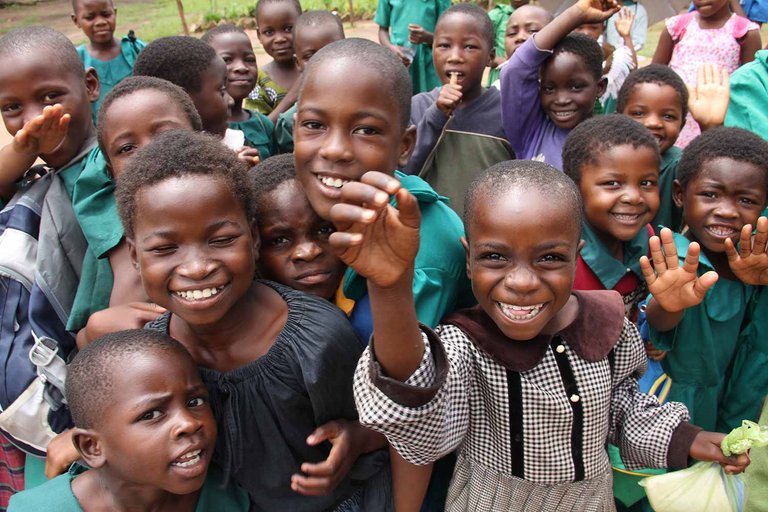Build resilient health systems and advance the right to health for marginalized people and underserved communities.

About Dignitas International
Dignitas International is a medical and research organization dedicated to improving health care for people facing a high burden of disease and unequal access to services. They are committed to working with patients, health workers, researchers and policymakers to tackle the barriers to health care.
Dignitas was launched by Dr. James Orbinski and James Fraser as a humanitarian response to a global health catastrophe. In 2004, the AIDS epidemic was ravaging Malawi, a small country in sub-Saharan Africa, destroying its social and economic infrastructure and threatening its very survival as a nation. Without access to treatment and care, AIDS was a death sentence in Malawi. Hospitals were doubling as morgues as patients were literally dying in the corridors. The situation was an affront to human dignity. They began their commitment to addressing this crisis by setting up an HIV clinic in Zomba district the poorest corner of one of the poorest countries in the world. In their first month at the clinic, they started 33 patients on treatment. Today, this figure has climbed to over 301,652.
Because Tisungane Clinic was the only health facility offering HIV-related services in the district at the time, many of the sick had to walk for hours and days from their villages to access treatment. Many more didn’t make it to their clinic simply because they couldn’t afford the cost of a bus ticket. Distance was a critical barrier to health care and was putting tens of thousands of lives at risk. In their view, the fastest and most effective way to reach the rural poor was to bring treatment and care to them. It was a crucial choice. Rather than engaging in direct service delivery, They worked to expand their model of care and trained health workers across the district to deliver HIV services.
From the very beginning, they wanted to create ripple effects that would improve health care across Malawi. They also knew that if their efforts had a lasting positive impact on patients, they could leverage this knowledge to help others beyond Malawi’s borders. So they developed a robust research program to measure our successes and failures, and to publish findings that would be of use to health care providers facing similar challenges all over the world. They have supported up to 174 health centres in six districts, covering a population of more than 3.1 million people. From a standing start in 2004, they have helped more than 3.1 million people get tested for HIV and over 301,652 people start lifesaving treatment. This represents close to half of the total number of people on HIV treatment in the country
Dignitas International Mission
Dignitas International is proud to have played their part in blunting the onslaught of AIDS in Malawi but their work is far from over. With HIV shifting to a manageable chronic condition, non-communicable diseases like diabetes, hypertension and cervical cancer are predicted to become the leading killer in Africa by the year 2030. These conditions are particularly prevalent for people living with HIV. It is clear that effective health care cannot be separated into disease-specific silos. They envision an integrated model so that patients can access a range of health services during a single visit at their local health centre.
Going forward, they will continue to use our experience and expertise in HIV as an entry point to addressing broader health issues. For example, in 2014, they launched their Indigenous Health Partners Program (IHPP), where they are leveraging knowledge gained in Malawi to strengthen health care delivery in Northern Ontario, where health worker shortages and distance to health facilities remain key challenges.
Hi! I am a robot. I just upvoted you! I found similar content that readers might be interested in:
https://dignitasinternational.org/vision/